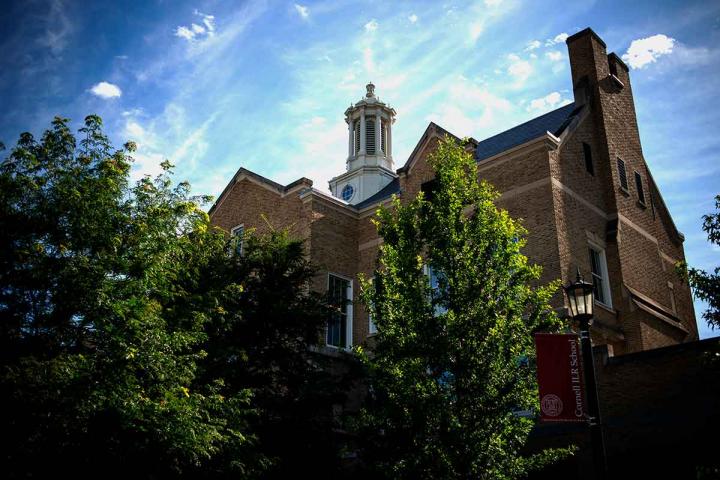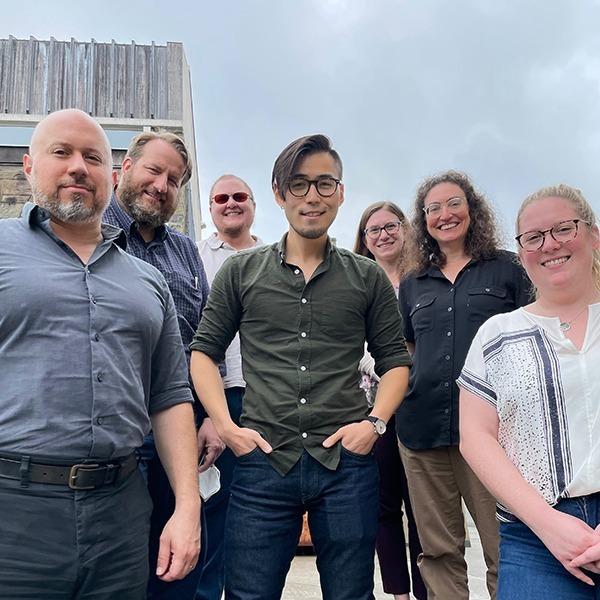"If you're thinking about having an impact on workers, you won't find a better program,” says Irfan Surya Asgani, M.S. ’24.

ILR School Events
See all eventsSpeaker: Laura T. Murphy, Policy Advisor, Department of Homeland Security and Professor of Human Rights, Sheffield Hallam University Laura Murphy will discuss the Uyghur Forced Labor Prevention Act, the landmark forced labor legislation that prohibits goods made in the Uyghur Region of China from import into the United States, including the effects of the law after two years of implementation. She will discuss the methods researchers use to uncover forced labor in China and the critical importance of that work to government efforts to prevent forced labor-made goods from entering the US. She will also discuss the government’s collaborations with industry and civil society to effect meaningful change for workers and protect the rights of people globally. Bio: Laura T. Murphy, Ph.D. is Policy Advisor to Under Secretary Robert Silvers in the Department of Homeland Security’s Office of Policy. Her role in the Office of Policy is to advise on forced labor, in particular on the implementation and enforcement of the Uyghur Forced Labor Prevention Act. She is Professor of Human Rights and Contemporary Slavery at Sheffield Hallam University in the U.K. Her recent academic work focused on researching forced labor in the Uyghur Region of China and identifying risk of forced-labor-made goods in international supply chains. She has worked internationally on forms of forced labor and human trafficking, including in West Africa, India, the United States, and Canada. She is author of numerous academic books and articles on the issue of forced labor globally. Introduced by faculty host, Magnus Fiskesjö (Anthropology). Cosponsored by the Department of Asian Studies, Contemporary Muslim Societies Program, and the Reppy Institute for Peace and Conflict Studies.

Future of Work Fellowships
The ILR Future of Work fellowship program supports postdoctoral researchers and doctoral students who work with our world-leading faculty on innovative and impactful research projects.
This fellowship program is designed to promote the benefits of strong collaboration between newer researchers and resident faculty members in studying impactful topics related to the future of work. Fellows and their faculty sponsors alike are enabled to address challenging research questions and break out of any stereotypes or default thinking around the future of work.

U.S. gender pay gap changes and sports economics issues are leading research areas for Professor Lawrence Kahn, retiring after 30 years at ILR.

ILRies Change
the Future of Work.
The Martin P. Catherwood Library is the most comprehensive resource on labor and employment in North America, offering expert research support through reference services, instruction, online guides and access to premier collections.

















